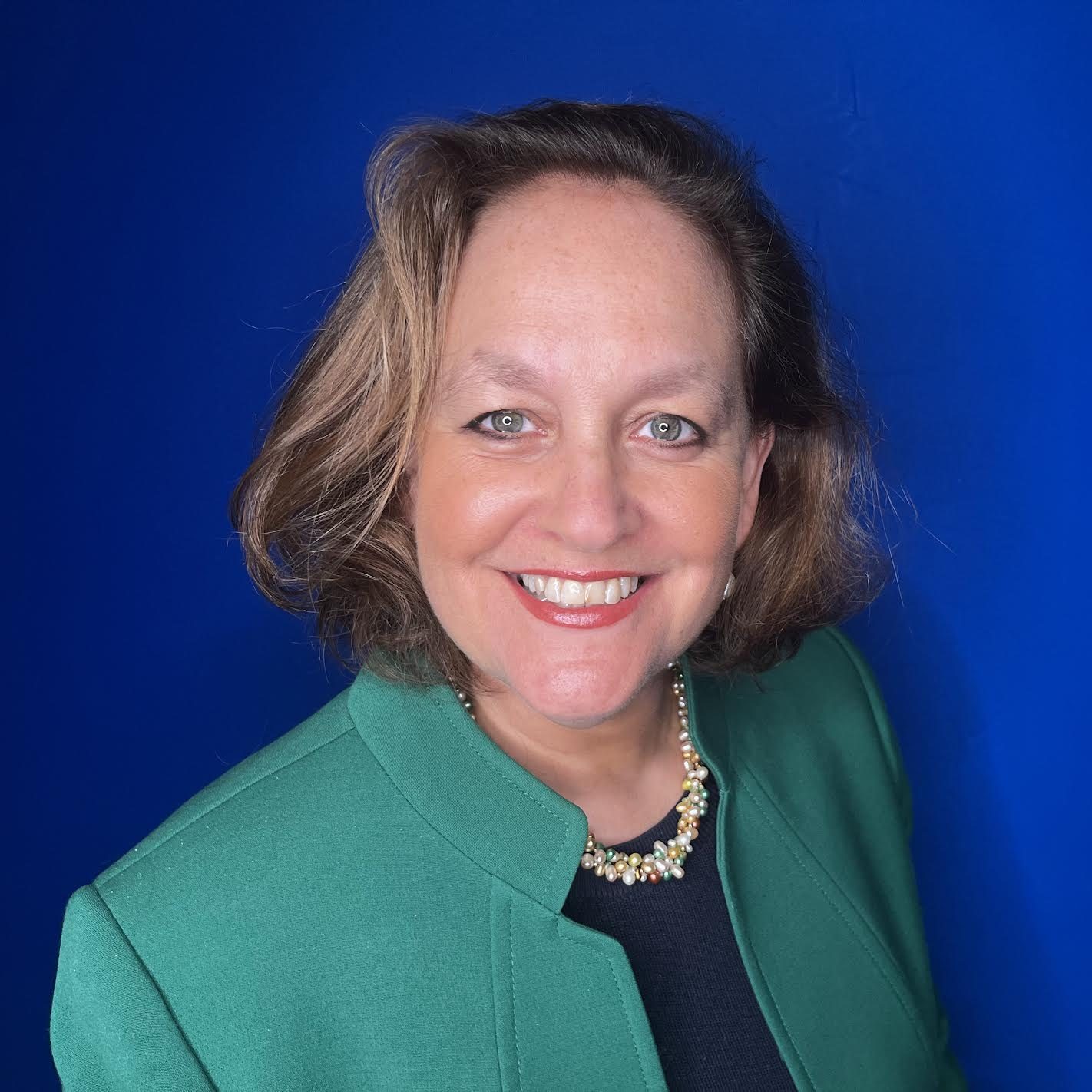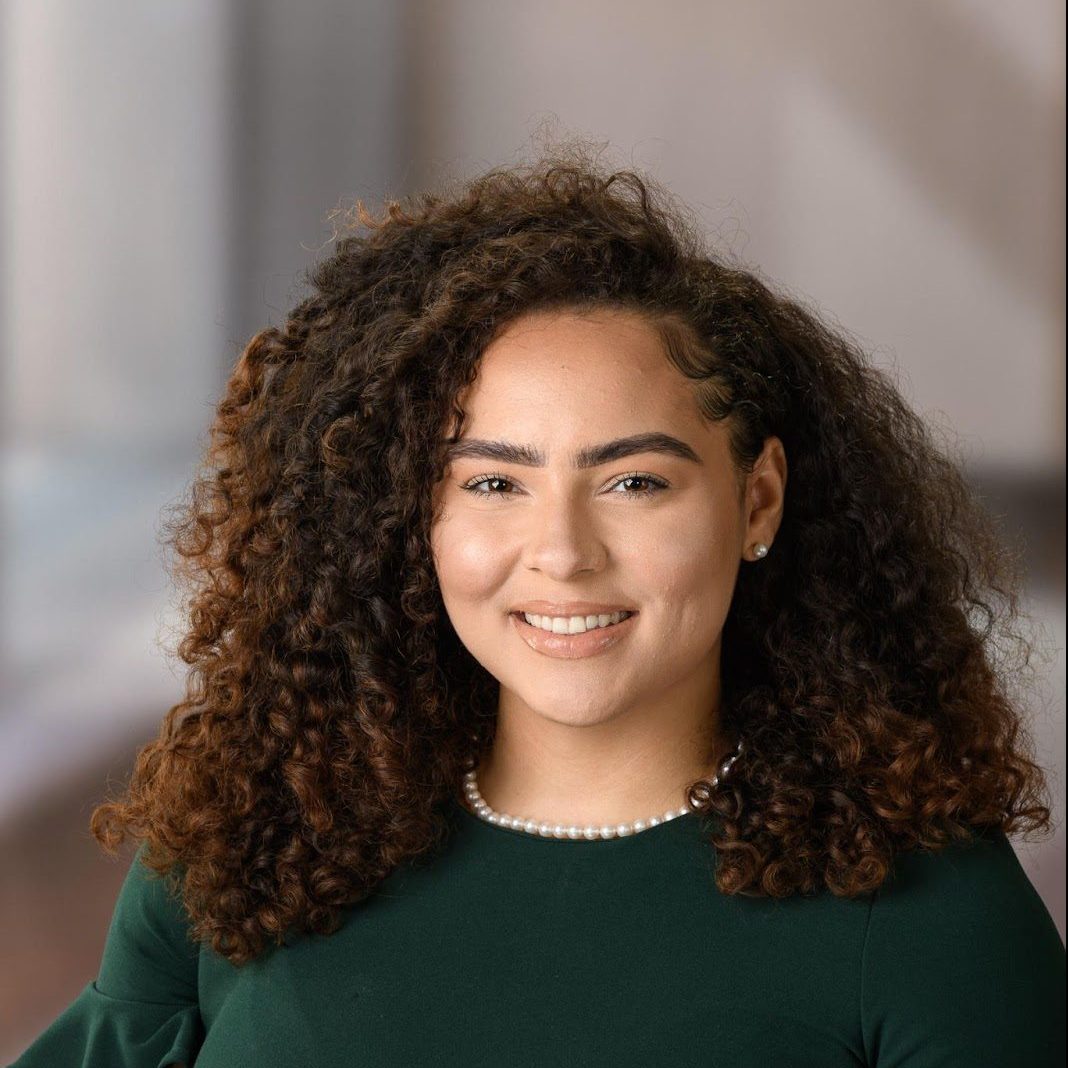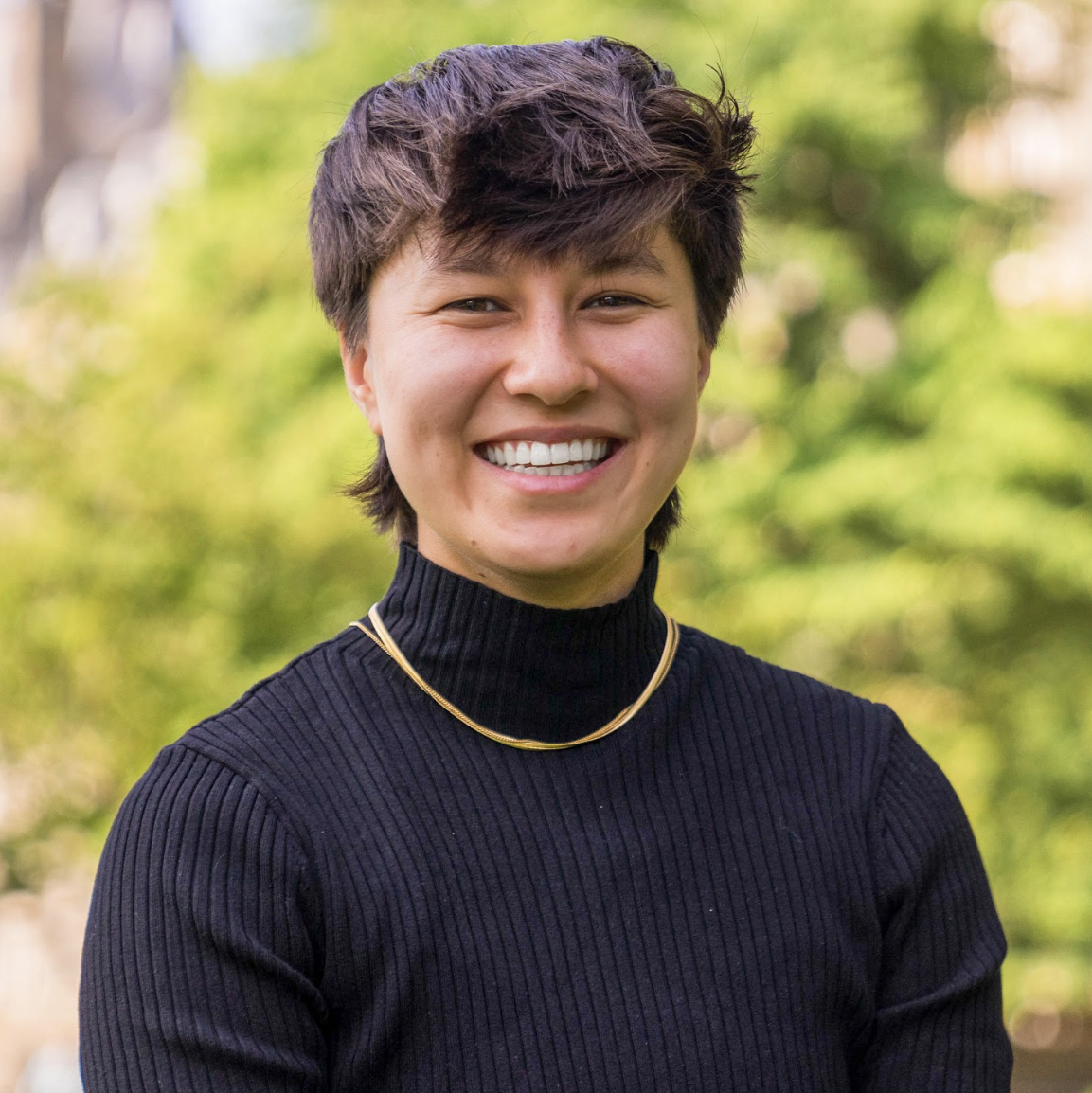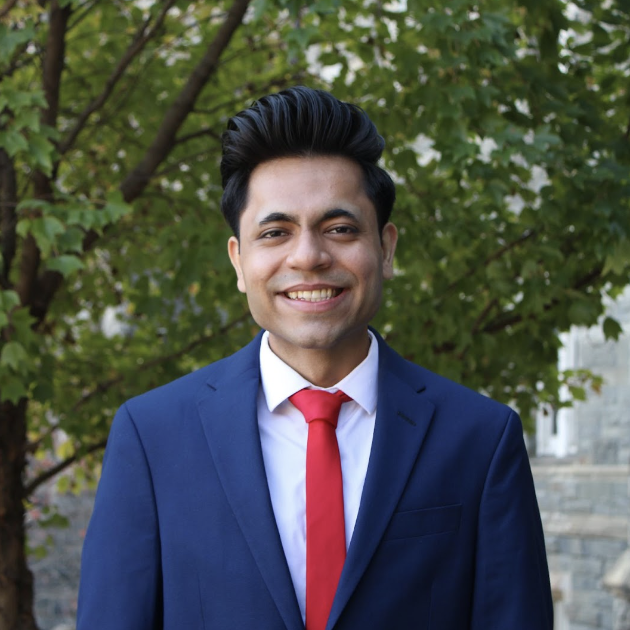Following a Call to Action from hundreds of our students, staff and faculty, Dean Joel Hellman committed to making global anti-racism a core principle of the SFS. The DEI Office was created to engage all members of the SFS community to determine the implications of this commitment and support the implementation of concrete actions to fulfill that commitment. This is critical to ensuring that the education we offer in global affairs fully engages with issues of racism, inequality and injustice.
Our Mission
The Walsh School of Foreign Service (SFS) was founded in 1919, dedicated to the pursuit of justice, the formation of conscience, and the education of moral leaders to achieve a more peaceful and equitable world. Yet it is important to acknowledge that Georgetown University benefited from enslaved labor and the sale of enslaved people, and this legacy belongs to all of us. The SFS shares this tragic history, which affects the University to this day.
Called to action by its students, alumni, staff and faculty in 2020, the SFS is redoubling its efforts to honor its mission and foundational values by embedding a commitment to global antiracism among its core principles. The SFS intends for Georgetown students, faculty and staff to lead our community, the country, and the world toward greater equity and inclusion. The world will be more secure and more prosperous when discrimination, bias, and inequity have been eliminated; the Walsh School of Foreign Service strives to lead the way towards a more just global community.
The Office of the Vice Dean for Diversity, Equity and Inclusion directs the efforts to make the SFS commitment a reality. The Office cultivates a climate that:
- encourages inclusive discourse and wellness;
- works to shape the composition of the school community so that it reflects the country and the world; and
- seeks to ensure the curriculum prepares the next generation of global leaders—in their scholarship, professions, and activism—to go into the world as change agents who will challenge racism, sexism, bias, and inequity wherever it exists.
Our Strategic Plan & Reports
Academic Year in Review, 2021- 2022
Academic Year in Review, 2022-2023
Our Team

Carla Koppell (She/Her)
Vice Dean for Diversity, Equity and Inclusion; Managing Director, Georgetown Institute for Women, Peace and Security; Professor of Practice

Carmen Danley (She/Her)
Program Manager of Diversity, Equity, & Inclusion Initiatives
Office of Diversity, Equity and Inclusion

Lauren Low (They/Them)
Data Analytics Manager
Office of Diversity, Equity and Inclusion

Sandeep Kumar (He/Him)
DEI Student Program Assistant
Office of Diversity, Equity and Inclusion

Chantal Li (She/Her)
DEI Student Program Assistant
Office of Diversity, Equity and Inclusion
Dean’s Diversity, Equity & Inclusion Advisory Council
The Dean’s Diversity, Equity, and Inclusion Advisory Council, is composed of faculty, staff, and students at the School of Foreign Service. The council was incepted to provide the dean of the School of Foreign Service with a source of trusted guidance from senior executives. Specifically, the council meets twice a year and participates in evaluating current programs and activities, provides independent assessments of new initiatives, and makes strategic recommendations for the future of the college.
The council advises the Dean on ways to promote diversity and create a welcoming school climate that is supportive of all students, faculty, and staff, particularly those from underrepresented groups.
Taking input from our fellow students, staff, and faculty, the council pursues multiple avenues to support the SFS DEI Strategic Plan, as well as our initiatives within the school. Read more about the council here.
Excellence in DEI Awards
Recognizing significant work to enhance diversity, inclusion, accessibility, equity and well-being across the School of Foreign Service (SFS) community.
Purpose
Across SFS, a wealth of DEI-related programs, initiatives, and events are organized and spearheaded by exceptional staff, students, faculty, and other community members. The Excellence in DEI Awards enable the School of Foreign Service (SFS) to highlight the remarkable efforts of colleagues to enhance diversity, equity and inclusion across our community. Through these awards, we shine a spotlight on individuals and groups that have demonstrated an exceptional commitment to promoting fairness, broadening opportunities, and increasing the participation of historically marginalized and oppressed groups. Our goal is to celebrate those who strengthen our community by embracing diverse populations, enhancing inclusion and accessibility, and fostering diversity of thought and perspective.
Awards Categories
Individual awards and group awards are presented annually.
SFS DEI Leader Awards recognize individual staff who have created, led, or advanced efforts that enhance diversity, sense of community, and/or attention to inclusion and equity within the School of Foreign Service.
SFS Pathbreaking Program Awards recognize efforts by varied units, offices, groups, and programs to advance diversity, equity, and/or inclusion within or across SFS.
Eligible groups include:
- Administrative or academic units, centers and programs
- Inter-unit collaborative teams
Eligibility & Nomination Process
SFS faculty, staff, students, and community members are invited to submit nominations. To nominate someone, please fill out the Nomination Form. Self-nominations are also encouraged. Additionally, the SFS Dean’s Office may nominate candidates for awards, even in the absence of a nomination form.
Please note: Individuals may receive individual recognition once every four years. A person who is recognized as part of a group remains eligible for an individual award.
Nomination and Evaluation Criteria
Nominations should demonstrate how the person or program met/exceeded one or more of the following criteria:
- Commitment – Exemplary evidence of efforts to advance one or more of the following:
- Accessibility – the design, construction, development and maintenance of facilities, information and communication technology, programs and services so that all people, including people with disabilities, can fully and independently engage.
- Antiracism – a proactive practice to dismantle systemic oppression by identifying, challenging, and confronting racism in systems, organizational structures, policies, practices, behaviors, and attitudes to redistribute power in an effort to foster equitable outcomes.
- Belonging – ongoing, active, and intentional efforts to create environments that involve and empower individuals or groups so that they feel welcomed, respected, supported, and valued.
- Diversity – the range of people in the SFS community, including but not limited to those of varied ability status, age, ancestry, belief, caste, color, creed, culture, gender identity, national origin, race, religion, sex, sexual orientation, socioeconomic status, thought, veteran status, as well as a range of life experiences.
- Equity – a drive to ensure fairness and justice by acknowledging and addressing structural inequities (historic and current) that advantage some and disadvantage others.
- Inclusion – intentional efforts to ensure that everyone has support and access to the resources they need to be successful, and/or to identify and eliminate barriers that prevent full participation and engagement by all community members.
- Leadership – Evidence of leadership integrating diversity, equity, and inclusion efforts (as an individual or a group) into the SFS culture through efforts to improve:
- Institutional structures and operations (e.g., policies, traditions, procedures, assessments, initiatives, partnerships, outreach efforts, professional development opportunities, etc.)
- Recruitment and retention of diverse staff, faculty, or students
- Scholarly endeavors and/or creative activities
- Pedagogical approaches or curricula development
- Other initiatives that advance the SFS commitment to DEI
- Innovation – Evidence of creativity and proactivity introducing programs and efforts that enhance DEI, antiracism, belonging, and/or accessibility within and across SFS.
- Impact – Evidence of outcomes and impact from DEI-related work. An indication that this project/program/activity “moved the needle” in addressing issues of diversity and inclusiveness. Possible indications that the effort has been or will be replicated elsewhere.
Evaluation of Entries
The SFS DEI Office will review nominations and apply the criteria above to select award recipients.
Ceremony
The Diversity Awards ceremony is held in December each year.
Past Awards
Learn about past SFS Excellence in DEI Award recipients here.